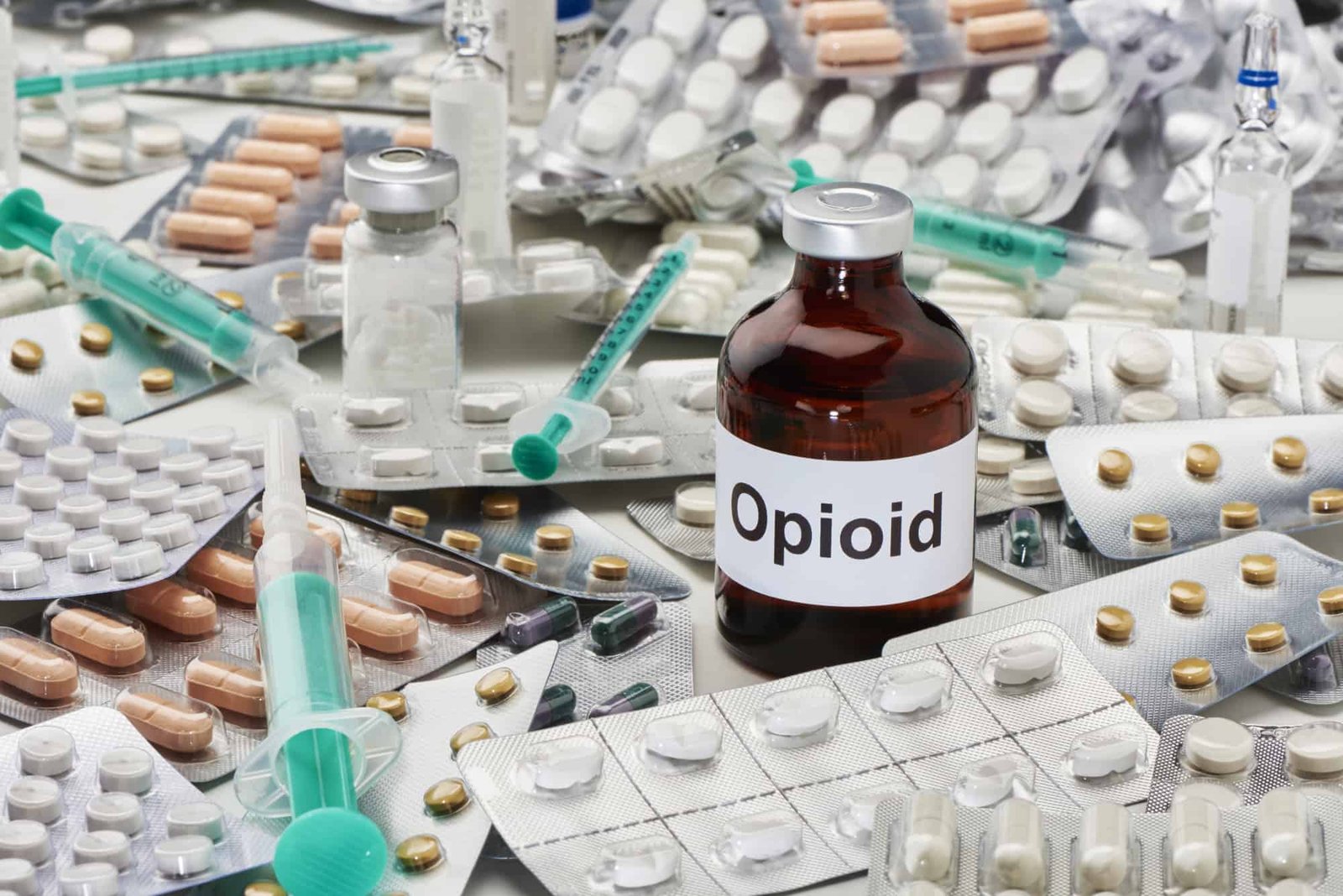How to Treat Opioid Use Disorder

The United States is currently in the midst of an opioid epidemic; the number of overdose deaths involving any opioid has more than tripled since 2010, from 21,089 to 68,630 in 2020.
Death isn’t the only effect of opioid use either. Not only does addiction ruin the lives of individuals, but also their loved ones. It also has a profound effect on the economy, as those with opioid use disorder typically can’t function normally in society.
While opioid addiction is something challenging to overcome, it can be done. Thankfully, you can get into treatment for opioid use disorder.
If you’re interested in opioid addiction treatment, then read on. We’ll show you what effective methods are available.
Medications
There are several FDA-approved opioid addiction medications you can use. Not only do they help you kick your addiction, but they can also help prevent relapses.
Here are the prescription medications used for opioid addiction.
Methadone
Methadone (also known as Dolophine and Methadose) is a synthetic opioid used for chronic pain. It’s also used when you’re detoxing to prevent withdrawal symptoms. These usually drive people to use again, just to feel comfortable again.
After you’ve detoxed, you’ll still take methadone to reduce cravings. As a result, you’re less likely to relapse.
What’s good to note is that even though methadone is a synthetic opioid, it doesn’t give you a euphoric feeling, so it’s not substituting one addiction for another. Plus, you can only get it in highly-regulated clinics, so you’ll be under the care and watchful eye of professionals.
Buprenorphine
Buprenorphine (also known as Suboxone) is another opioid that’s also used for withdrawal symptoms; this medication can either reduce or completely eliminate them. Afterward, you’ll continue using buprenorphine to reduce opioid cravings.
Unlike methadone, buprenorphine can have a small euphoric effect. However, this is yet another highly controlled medication.
You can only get it at a medical professional’s office. This means you can only get buprenorphine from a doctor, nurse practitioner, or physician assistant who’s received a waiver from the DEA.
The good news is, you can get Suboxone online if you go through the proper steps. This means going to a clinic, contacting your insurance provider to get on a Suboxone program with an in-network provider, and ordering your medication from licensed online providers.
Naltrexone
The Naltrexone (also known as Revia) is used for both opioid use disorder and alcohol use disorder, so if you have a comorbidity, this may be the best medication for you. Naltrexone shouldn’t be used before detoxing, so ensure you’ve done that first.
This medication is mainly used to reduce cravings. And should you use opioids while on it, it reduces the euphoria you’d normally get.
You can get Naltrexone from a medical professional. They’ll either provide you with pills or injections.
Rehabilitation
Prescribed medications are only part of the solution to opioid use disorder. Most often, those with substance use disorders have mental health issues as well, such as unresolved trauma. Substance abuse is a common way to self-medicate.

This is why it’s best to get into an opioid treatment program. Not only do they have medical professionals who can prescribe the above drugs and monitor your progress, but they also have experienced therapists and counselors who can help you navigate mental health issues.
Here are the therapies used in rehab.
Cognitive-Behavioral Therapy (CBT)
CBT is highly effective in treating both substance abuse and mental health issues. This type of therapy teaches you to identify negative and destructive behaviors and emotions and to basically turn them around.
You’ll learn new skills for coping that are much healthier than using opioids. As a result, you’ll have a lower chance of relapsing.
Group Therapy
When you feel alone in your journey to sobriety, you can become discouraged. Going back to substance abuse becomes more appealing.
The aim of group therapy is to give you a strong support network, especially since you’re amongst other people who are going through the same thing.
When you can discuss your struggles without judgment, you won’t feel as ashamed, and you’ll strive toward sobriety.
The benefits of group therapy don’t stop after you’re done with rehab, either. It’s likely you’ll make friends for life, and they’ll be exactly who you need when you need a sober hangout or two. You can also call one another in times of need to talk someone out of relapse.
Family Therapy
Addiction can have detrimental effects on family life. It’s hard for your loved ones to understand what you’ve gone through and they can end up either pushing you away or enabling your behaviors.
Family therapy offers a safe space where everyone can understand one another better. The licensed therapist can facilitate constructive discussions that can help your family heal. They can also teach your loved ones to better support you, but without enabling your habits.
By learning key tools in therapy, both you and your family members can handle any potential relapses better.
Get Treatment for Opioid Use Disorder
Living with addiction can be incredibly difficult. You might not even feel like it’s possible to get clean.
But now that you know more about your options, treatment for opioid use disorder is certainly possible. All you need to do is find a compassionate doctor and rehab facility, and you’ll be well on your way to sobriety.
We can’t promise that the journey will be easy. But once you come out on the other side, you can be proud of all the hard work you’ve done to get there.
Keep browsing our blog page to read more informative posts.
